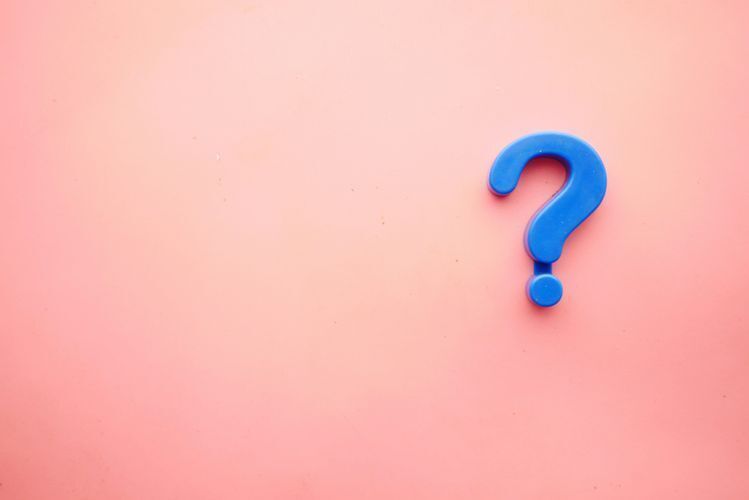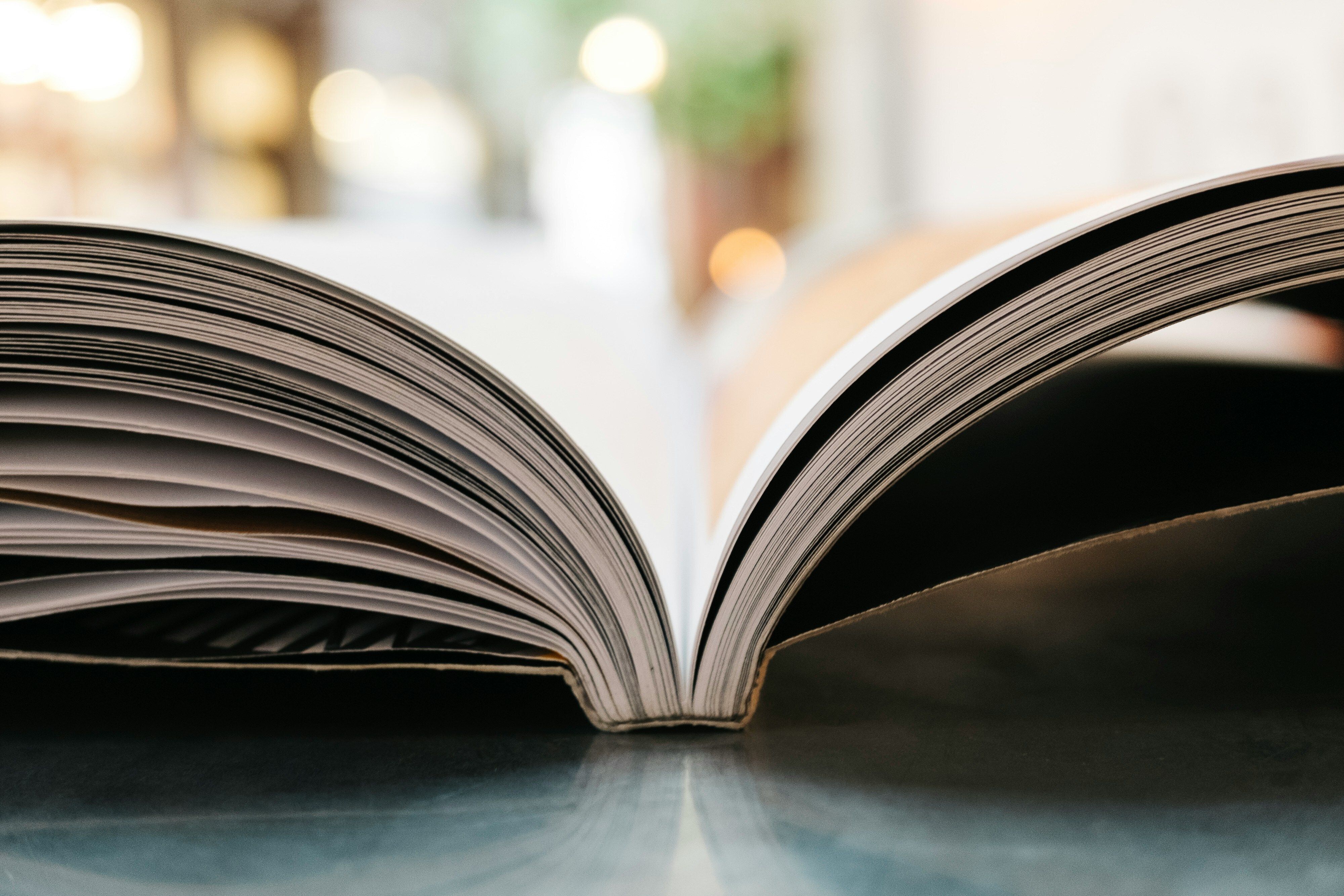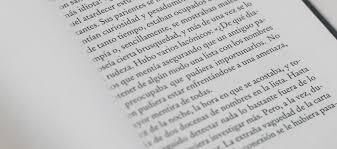You can help assure that the EA program is available to anyone who needs it.
EAI continues to support groups worldwide through the financial contributions of those who find value in the program. 40% of the operating budget comes from member donations. Your support is necessary to be able to continue our operations. Please consider becoming a monthly sustaining member - at any level - so that we may continue to provide meeting information and materials to all who have found a more manageable way of life as a result of this program.
EAI relies on your financial support to continue to offer services to members worldwide.
Please consider making your gift now.
Find out more about our sustainer (monthly) giving program
that makes it easy to do your part to support your support program!
If you can make a contribution now, please do so
online or by mailing it to P.O. Box 4245 Saint Paul, MN 55104-0245 USA.
Thank you!
Information about Emotions Anonymous International and the EA program.
- EAI is a non-profit organization founded in 1971 that facilitates the EA 12-Step Program by providing a central location for support group meeting information.
- EAI offers EA reading materials and other resources to help individuals improve their mental health and well-being.
- EAI's mission is to support individuals with emotional difficulties in their efforts to live more manageable lives. Many people have found their way to a more positive life experience by participating in this program.
- The EA program's foundational components include the 12 Steps, 12 Traditions, 12 Helpful Concepts, 12 Just for Todays, 12 Promises, 12 Slogans, and 12 Principles, which are derived from and used with permission from Alcoholics Anonymous (AA).
- Individuals seeking help through the EA program come from all walks of life and levels of mental health status. This program is applicable to anyone interested in improving their emotional well-being and can be beneficial for those in recovery from addiction.
- The EAI Board of Trustees is made up of members from around the world.
- EA-approved literature can be purchased through our online store. EAI sells pamphlets, workbooks, books, and merchandise.
- EA materials are copyrighted and should not be reproduced without permission.
- The staff and Board of Trustees develop and approve materials with input from EA members
EAI is NOT a crisis hotline or warmline.
Staff are not counselors and are not trained to handle emergencies.
EAI does not provide psychiatric, therapeutic, or medical services, or referrals to those services.
EAI is not a healthcare or religious organization.
If you or someone you know is experiencing a life-threatening mental health crisis, please consider calling or texting the Suicide and Crisis Lifeline at 988 or chatting online at 988lifeline.org.
This hotline number offers 24/7 free and confidential support for people in distress, in addition to crisis resources from trained crisis counselors.
Below you will find a Google Map overview of EA's in-person meetings in the United States.
- We recommend confirming the current meeting information via EA's "Find a Meeting" page here. Thank you!
- Once you've found a meeting that you're interested in via the link above, you have the option to reach out to one of the group contacts listed to confirm meeting details. Please note that this is not required before attending, but is an option available to you.
- You can open the map above in a larger page by clicking the button in the top right-hand corner with the four arrows. You can zoom in on the map by pressing the plus sign (+) button in the bottom left-hand corner. You can also click and drag the map in different directions with your mouse to look at other states.
-
Year Founded
1971
-
In-Person US Groups
180+
-
In-Person International Groups
100+
-
Remote Meetings Around the World
120+







